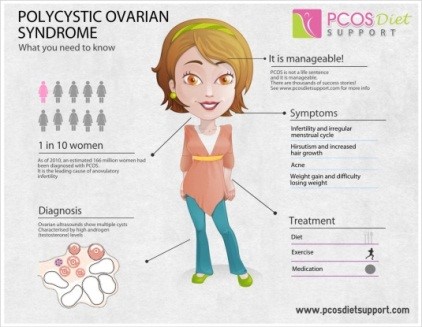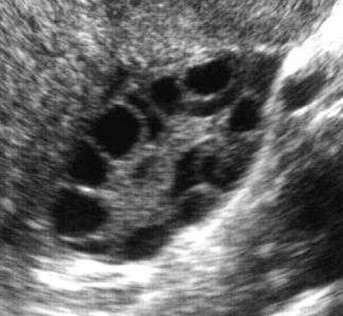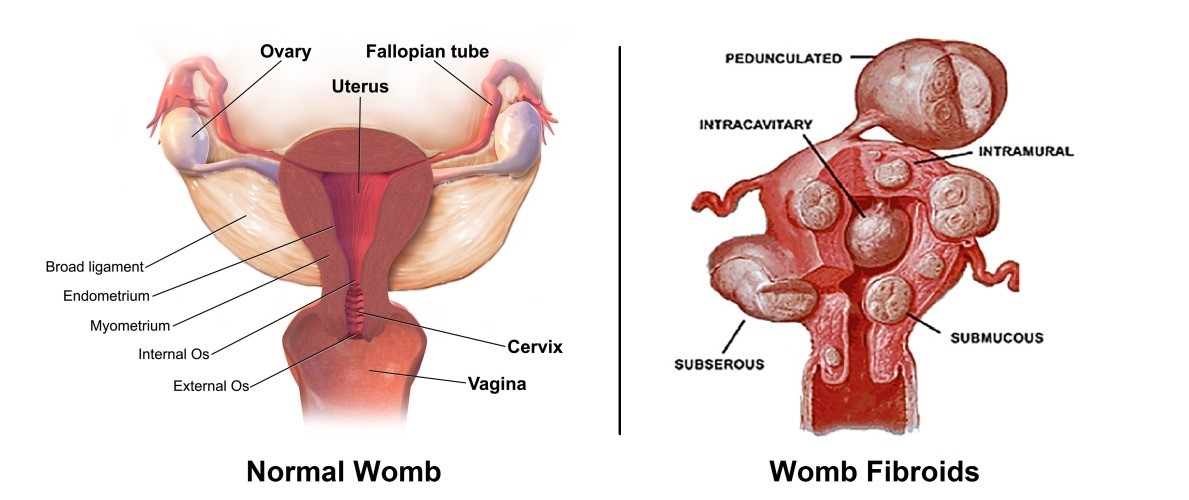Polycystic Ovary Syndrome (PCOS)
Professor Dr. Sherif Ashoush manages cases of PCOS, evaluates ovarian functions, and checks the effects of bodyweight and other hormones controlling ovarian functions, such as the ovulation hormones or the male, thyroid, insulin, adrenal hormones and vitamin D level. The Blood pressure and glucose levels are also checked.

Reaching an accurate diagnosis is clearly very important since the symptoms may be confused with other diseases such as elevated prolactin hormone level or disturbed functions of the thyroid or adrenal glands. Hence, some women may report past poor response to treatment prescribed by previous colleagues and would need thorough reassessment of the diagnosis and treatment doses.

The treatment plan is individually set according to the patient’s age, weight, and main complaints, since PCOS may present with different symptoms among different cases. Some of them may just need weight control, others may need induction of ovulation or treatment of heavy/irregular periods. Other patients may need treatment of hirsutism (excess hair development in abnormal distribution) or control of blood pressure and diabetes mellitus. Some cases may occasionally need surgery to treat a polyp or a fibroid in the uterus, some other cases are treated in collaboration with dieticians or plastic surgeons to treat obesity.
Regular follow-up is advisable after treatment to avoid recurring problems and to diagnose any complications early enough, such as excessive endometrial development, fibroids, and breast problems or, in some rare cases, development of malignant tumors of the womb if the case is not well monitored as age advances.
 Treating PCOS is usually easy and very successful, but the patient should understand that this is a chronic disease, such as blood pressure or obesity, meaning that it cannot be completely cured, but rather controlled as long as she follows the doctor’s instructions and comes for regular follow-up visits. Only then, her condition remains stable with no chronic complications.
Treating PCOS is usually easy and very successful, but the patient should understand that this is a chronic disease, such as blood pressure or obesity, meaning that it cannot be completely cured, but rather controlled as long as she follows the doctor’s instructions and comes for regular follow-up visits. Only then, her condition remains stable with no chronic complications.
